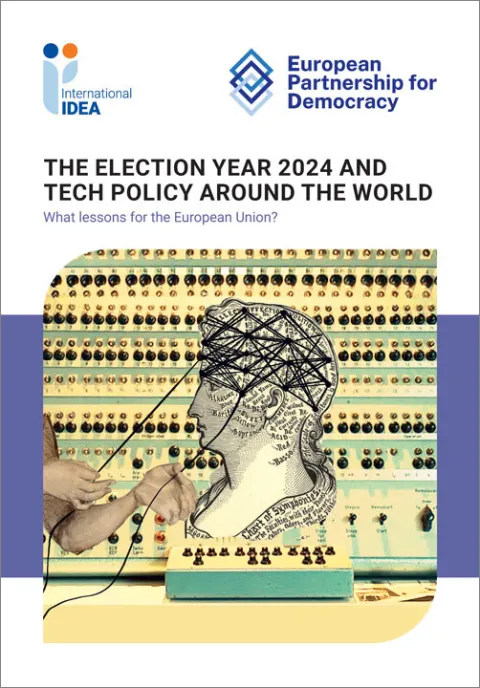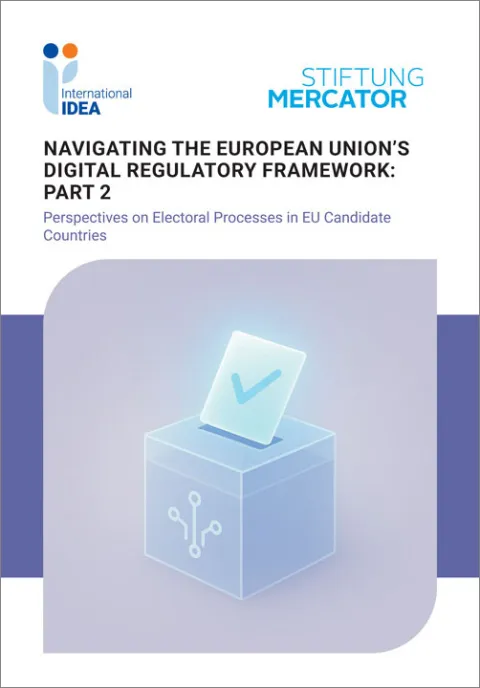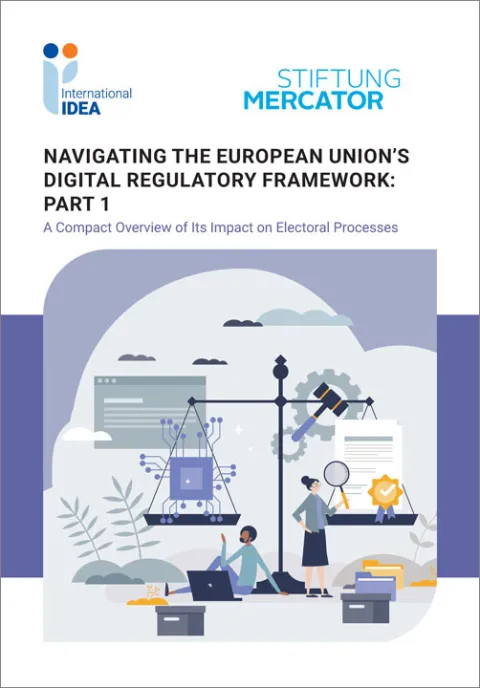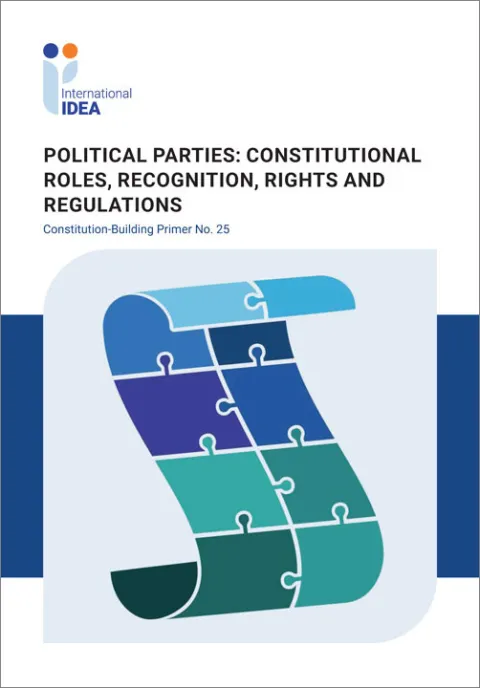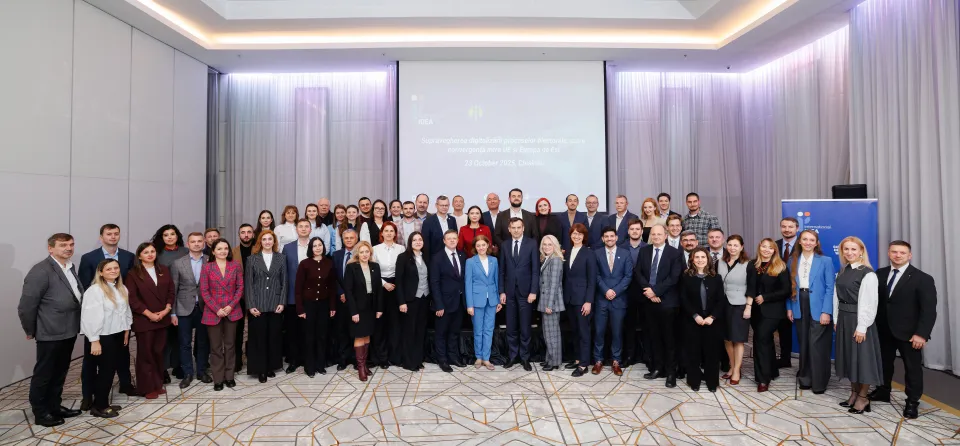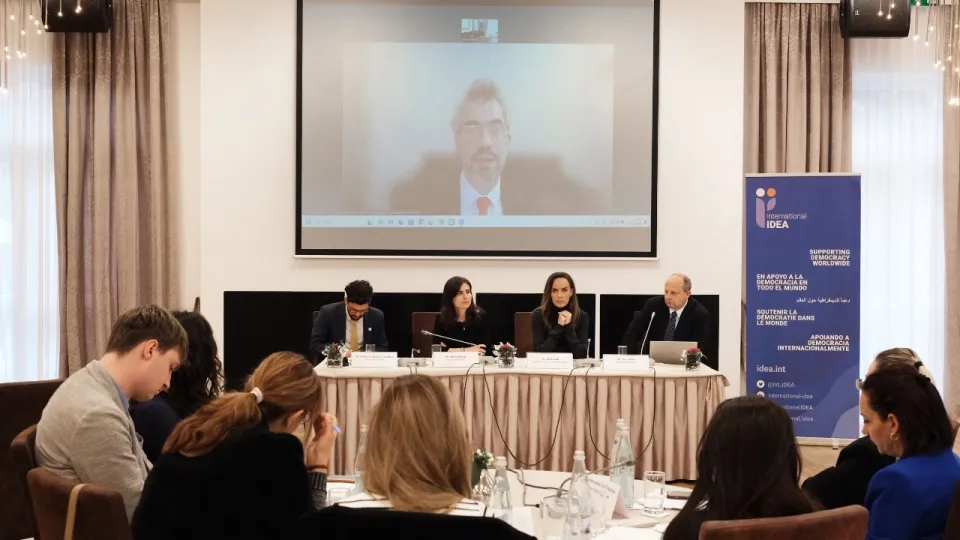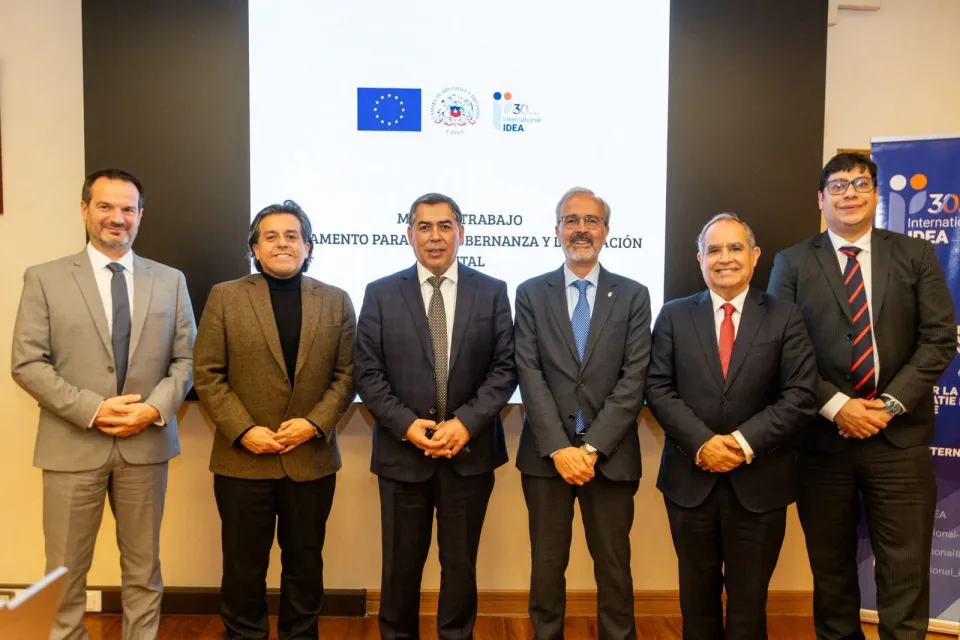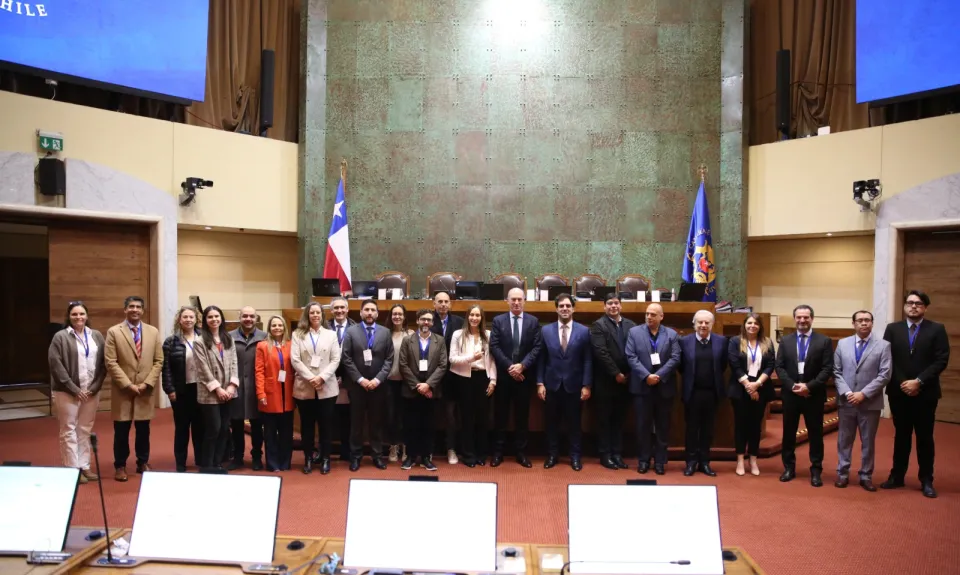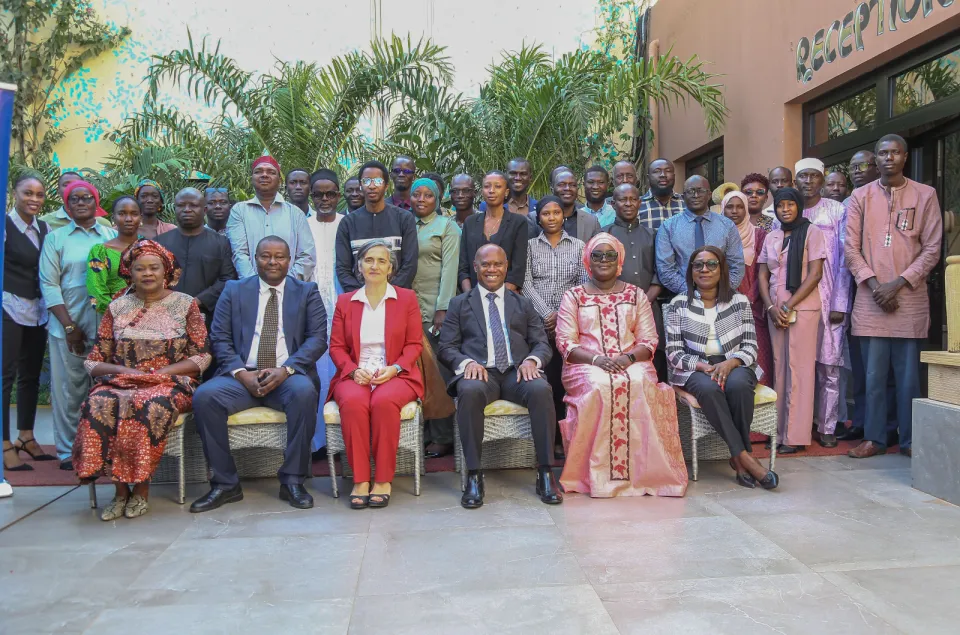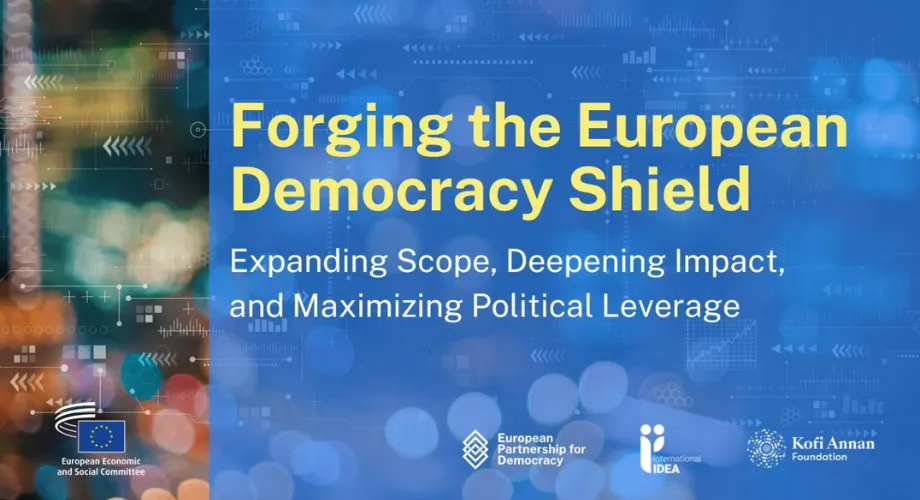Reconnecting European Political Parties with European Union Citizens
Democracy involves popular control over decision-making, and political equality among those exercising that control. In parliamentary democracies, day-to-day control is delegated to elected politicians, who organize themselves in political parties. Globally, political parties have become an important interface between government and the people.
Since their establishment, European political parties have enhanced their role(s) within the polity of the European Union. Within the context of multiple challenges to democracy worldwide, and in view of the 2019 European Parliament elections, European political parties are increasingly called upon to represent EU citizens in their work, and ensure an effective connection with people.
This Discussion Paper takes a comprehensive approach to understanding the role(s) of European political parties within the polity of the EU. It focuses on how European political parties can (re)connect with EU citizens, and emphasizes the regulatory framework in which European political parties operate. It also provides insights into European political parties’ linkage with national political parties, and outreach in relation to EU political actors and citizens. It includes a set of recommendations to advance the broadening, deepening and diversification of avenues and tools for European political parties to connect with citizens.
Details
Contents
Acknowledgements
Abbreviations
Executive summary
1. European political parties
2. Improving European political parties’ connection with citizens through regulation
3. Recommendations
Annex. Proposals on transnational lists for the European Parliament
References
About the authors
About International IDEA
Give us feedback
Do you have a question or feedback about this publication? Leave us your feedback, and we’ll get back to you
Send feedbackReconnecting European Political Parties with European Union Citizens
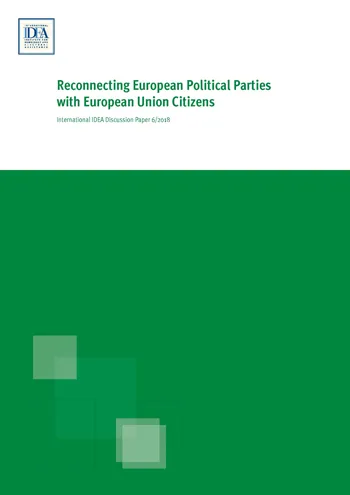
| Total views | 11544 |
|---|---|
| Downloads | 37 |
| Rating |
Give us feedback
Do you have a question or feedback about this publication? Leave us your feedback, and we’ll get back to you
Send feedback
